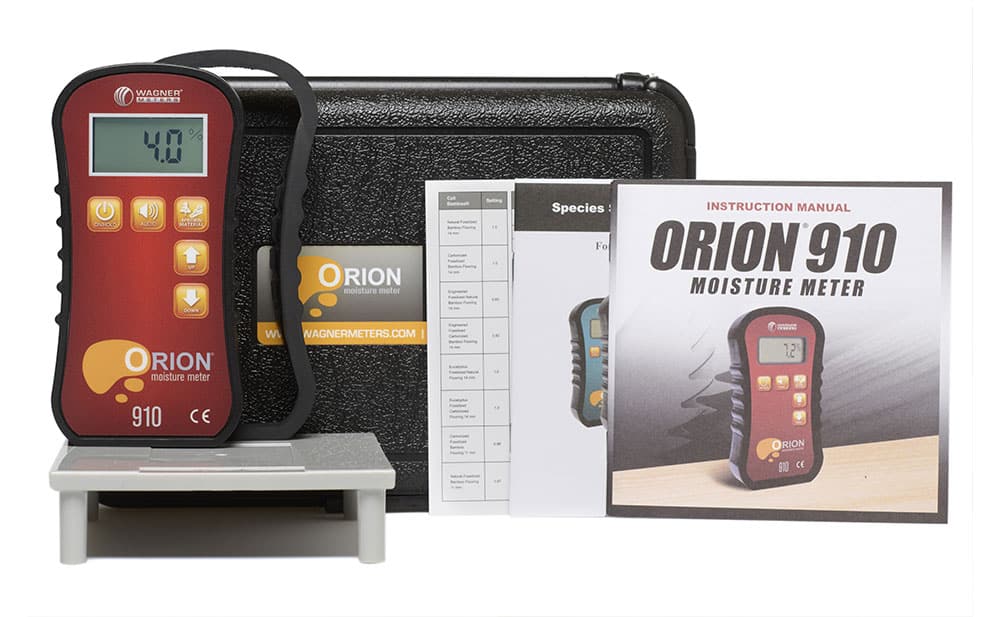Top 10 Advantages of Using a Moisture Meter for Precise Measurements in your house
Top 10 Advantages of Using a Moisture Meter for Precise Measurements in your house
Blog Article
The Ultimate Overview to Moisture Meters: A Comprehensive Introduction and How They Can Conserve You Cash
In the world of building maintenance, construction, and numerous sectors, the value of precisely measuring dampness degrees can not be overstated. Moisture meters work as vital tools in spotting and keeping track of moisture web content in products, helping in preventing pricey problems and guaranteeing the top quality of items. Understanding the subtleties of different kinds of dampness meters, their applications, and the prospective cost-saving benefits they supply can be a game-changer for specialists and companies alike. Discovering exactly how these devices can not just simplify processes yet likewise add to monetary cost savings is a journey worth getting started on.
Kinds Of Moisture Meters
One usual kind is the pin-type moisture meter, which determines the electrical resistance in between two pins placed right into a material. Pinless wetness meters, on the other hand, usage electro-magnetic sensing unit plates to scan a bigger location without causing damages to the product's surface area.
Furthermore, there are likewise specialty dampness meters created for specific materials like grain, dirt, or hay. These meters offer precise moisture readings customized to the distinct residential or commercial properties of the material being evaluated. Infrared dampness meters determine the thermal residential properties of a material to establish its moisture content non-invasively, making them helpful for applications where pin or pinless meters may not appropriate. Recognizing the various sorts of moisture meters readily available can aid markets pick one of the most suitable device for their details moisture dimension requirements.

Advantages of Using Moisture Meters

Moreover, using wetness meters can lead to raised power efficiency. In farming setups, moisture meters play an important function in maximizing plant yields by allowing farmers to keep track of soil wetness degrees and make notified irrigation decisions.
How to Choose the Right Moisture Meter
Selecting the appropriate moisture meter entails taking into consideration essential elements such as material compatibility, measurement array, and calibration precision. When picking a wetness meter, it's important to guarantee that the meter is ideal for the certain material you will certainly be testing. Various materials have differing electric properties that can affect moisture analyses, so choosing a meter designed for your product is vital for precise outcomes. Additionally, take into consideration the dimension array of the wetness meter. Make certain that the meter can find dampness degrees within the array needed for your applications. Calibration accuracy is an additional important factor to bear in mind (Moisture Meter). Go with a wetness meter with reputable calibration to make certain regular and precise readings. Some meters may require routine calibration adjustments, so comprehending the calibration procedure is crucial. By thoroughly evaluating these factors, you can select a moisture meter that fulfills your demands and gives exact dampness dimensions for your projects.
Proper Strategies for Moisture Meter Usage
To guarantee exact get more moisture readings and make the most of the effectiveness of a dampness meter, employing correct methods is vital. When making use of a pin-type dampness meter, put the pins or probes into the material being evaluated until they make complete contact. Make sure the pins are vertical to the surface to get one of the most accurate analysis. For pinless moisture meters, hold the tool level versus the product and relocate slowly to cover the whole area for an average analysis. It's critical to calibrate the dampness meter according to the material being tested to boost accuracy. Take multiple readings throughout the surface area and typical them out for an extra reliable result. Additionally, ensure that the material being tested is adapted to the atmosphere to stop skewed readings. Normal maintenance of the dampness meter, such as cleaning up the pins or sensing unit, is likewise important to guarantee regular and exact analyses. By following these proper strategies, customers can rely upon their moisture meter to provide reliable wetness levels, assisting in stopping costly damages or making sure high quality in various applications.

Expense Cost Savings Through Moisture Meter Applications
How can the critical usage of dampness meters result in substantial cost financial savings across different sectors? Moisture meters play a vital role in expense financial savings by avoiding prospective damages and guaranteeing top quality control in various industries. In the farming sector, moisture meters aid in figuring out the optimal time for harvesting crops, protecting against over-drying or excess wetness that can influence the end product's high quality. This exact surveillance helps farmers prevent unnecessary losses and optimize their return.

Additionally, in the food handling industry, dampness meters are vital for monitoring product top quality and guaranteeing compliance with safety and security regulations. By precisely determining view it wetness material in food products, makers can protect against putridity, keep freshness, and lower waste, resulting in considerable cost savings. Overall, the tactical application of dampness meters is a beneficial investment that can lead to significant expense reductions and improved performance across numerous markets.
Final Thought
In conclusion, moisture meters are useful devices for measuring like it and finding moisture levels in numerous materials. By making use of the right moisture meter and complying with proper methods, customers can efficiently stop expensive damages caused by excess moisture.
Moisture meters offer as indispensable tools in identifying and keeping an eye on moisture material in products, assisting in stopping expensive problems and guaranteeing the quality of products. Infrared wetness meters gauge the thermal residential properties of a material to establish its moisture web content non-invasively, making them beneficial for applications where pin or pinless meters might not be suitable.Wetness meters supply invaluable benefits in accurately checking and examining dampness levels in varied materials and settings. In agricultural settings, wetness meters play a critical role in optimizing crop yields by making it possible for farmers to check soil wetness levels and make notified irrigation decisions.In conclusion, moisture meters are important devices for measuring and identifying moisture degrees in numerous materials.
Report this page